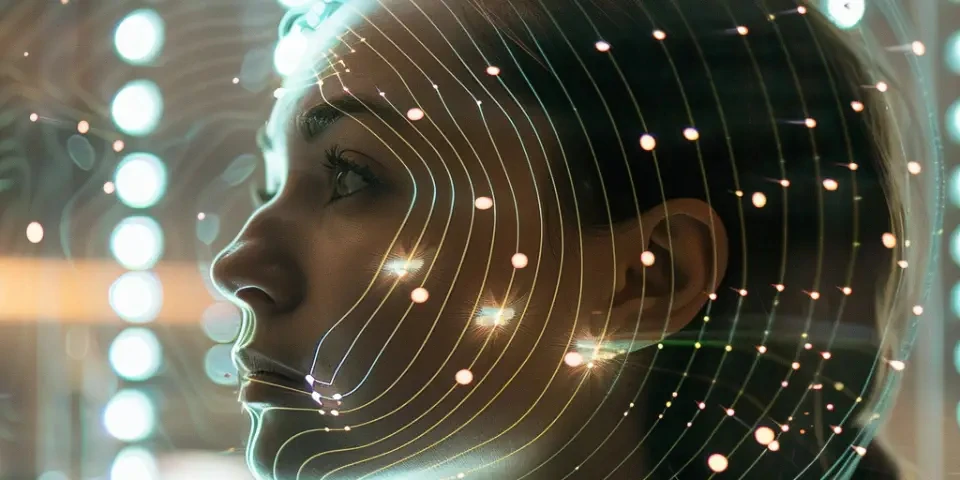AI for Everyone Demystifying Artificial Intelligence for the General Public
Artificial Intelligence (AI) has become one of the hottest topics in technology and has the potential to transform various industries. However, understanding AI can be challenging for the general public. In this article, we will demystify AI and explain its concepts and applications in a comprehensive and easy-to-understand manner.
1. What is Artificial Intelligence?
Artificial Intelligence refers to the development of computer systems capable of performing tasks that typically require human intelligence. These tasks include visual perception, speech recognition, decision-making, and problem-solving. AI systems rely on algorithms and vast amounts of data to learn and improve their performance over time.

2. Types of Artificial Intelligence
There are two main types of AI: Narrow AI and General AI. Narrow AI, also known as weak AI, is designed to perform specific tasks, such as language translation or playing chess. General AI, on the other hand, is a machine with human-level intelligence capable of performing any intellectual task that a human being can do.
3. Machine Learning and Deep Learning
Machine Learning is a subset of AI that focuses on enabling machines to learn from data and make predictions or decisions without explicit programming. Deep Learning is a more advanced form of Machine Learning that uses neural networks with multiple layers to process and analyze complex data, such as images or audio.
4. Applications of Artificial Intelligence
AI has found its way into various industries and sectors. In healthcare, AI is being used for diagnosing diseases and assisting in surgery. In finance, AI algorithms are employed for fraud detection and financial forecasting. AI is also revolutionizing transportation by enabling autonomous vehicles and optimizing logistics.
5. Ethical Considerations and Bias in AI
AI raises ethical concerns related to privacy, security, and bias. AI systems rely on data, and if that data is biased or includes sensitive information, it can lead to unintended outcomes. Organizations developing AI technologies should ensure the ethical use of AI and address issues like data privacy and bias.
6. AI and Job Displacement
There is a common fear that AI will replace humans in the workforce. While AI may automate certain tasks, it also creates new job opportunities. Jobs that involve creativity, complex problem-solving, and interpersonal skills are less likely to be fully automated. Moreover, AI can enhance productivity and efficiency in many industries.
7. AI Tools and Platforms
Several AI tools and platforms are available to facilitate the development and implementation of AI solutions. TensorFlow and PyTorch are popular open-source libraries for building and training AI models. IBM Watson and Google Cloud AI offer comprehensive AI platforms with pre-trained models and APIs for developers.
8. Understanding AI Terminology
When discussing AI, it is essential to understand the terminology commonly used. Some important terms include Natural Language Processing (NLP), which enables machines to understand and process human language, and Computer Vision, which focuses on teaching machines to interpret and understand visual information.
9. AI in Everyday Life
We interact with AI regularly without even realizing it. Virtual assistants like Siri and Alexa use AI algorithms to understand and respond to our voice commands. AI-powered recommendation systems, such as those used by Netflix or Amazon, suggest personalized content based on our preferences and behavior.
10. The Future of AI
The future of AI holds immense possibilities. AI is expected to play a significant role in areas like personalized medicine, climate change prediction, and even space exploration. As AI continues to evolve, it is crucial to have a better understanding of its capabilities and limitations.
Frequently Asked Questions:
Q: Can AI replace human intelligence completely?
A: No, General AI capable of matching human intelligence is not yet achieved, and it remains a challenge for the future.
Q: Is AI capable of emotions and consciousness?
A: Current AI systems lack emotions and consciousness. They are designed to perform specific tasks based on data-driven algorithms.
Q: Will AI take away all job opportunities?
A: While AI may eliminate certain jobs, it also creates new opportunities and enhances productivity in various industries.
References:
1. Russell, S. J., & Norvig, P. (2016). Artificial Intelligence: A Modern Approach. Pearson.
2. Barto, A., & Sutton, R. S. (2018). Reinforcement Learning: An Introduction. MIT Press.
Explore your companion in WeMate